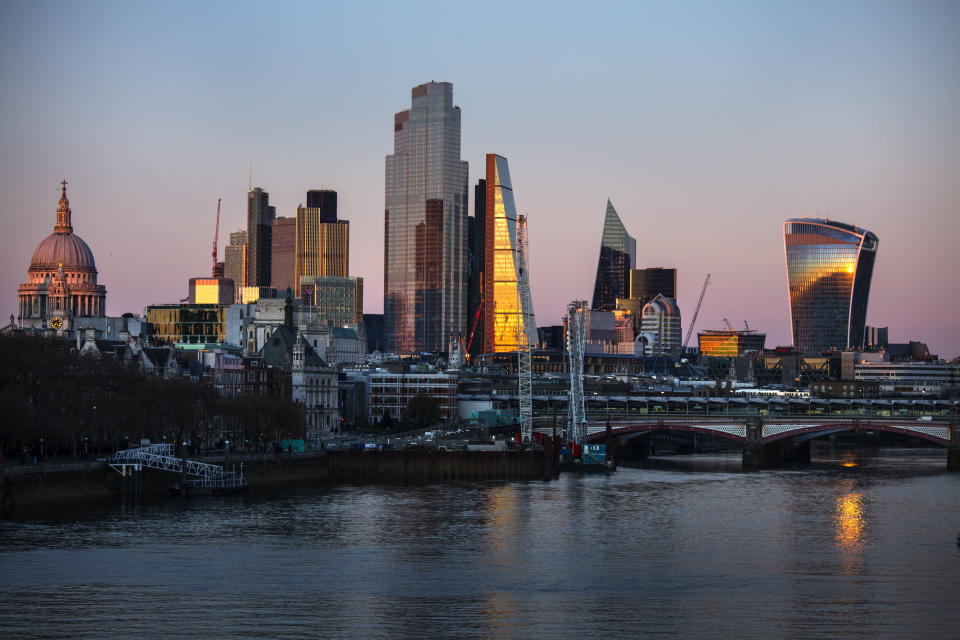Coronavirus: Speed at which UK firms took Bounce Back loans is ‘incredible red flag’

The speed at which small businesses took out loans under the government’s Bounce Back loan scheme, which is 100% guaranteed by the state, is an “incredible red flag,” according to the Institute for Government.
Firms have now borrowed £23.7bn through the scheme, despite fears that a significant proportion of the loans may have to be written off entirely.
Launched in early May, the Bounce Back programme is by far the most popular form of coronavirus support loan offered to small and medium-sized businesses, with firms borrowing more than double the total lent by the other two support schemes.
“I would raise a flag over the speed with which the Bounce Back loans have gone out the door,” Giles Wilkes, a senior fellow at the Institute for Government, told the Treasury Select Committee of the House of Commons.
READ MORE: Debt advice services get £38m amid warning of 'tsunami'
Warning that the scheme may be propping up businesses that will not survive, Wilkes said it could end up damaging the fabric of the UK’s economy.
“We’ll have to go through history later, but I don’t think anything has ever sold so quickly. You’re talking about something like 750,000 small companies, some £20bn straight out,” he said, noting that there was “already talk of absolutely massive bad debts.”
Wilkes said the unfairness and inefficiency of such a scheme was “quite something to behold,” arguing that it was “very rare” for state money to be drawn down so quickly “without it meaning something has gone slightly wrong.”
“And in this case it must be the lack of commercial scrutiny that the private sector has needed to apply to these loans,” he said.
“Our loans schemes are helping hundreds of thousands of businesses get through the crisis, providing vital government-backed finance at low, affordable rates, with no interest in the first year, and no repayments due for Bounce Back loans over that period,” a Treasury spokesperson said.
“Borrowing will not be the right answer for all businesses — and our varied package of support also includes more than £9.5bn in grants to three quarters of a million firms, paying the wages of millions of furloughed employees, deferring tax bills and scrapping business rates,” he said.
But guarantees and subsidised lending from the state “can start damaging the fabric of your economy” if they prop up companies that may end up collapsing anyway, Wilkes said.
“There’s a real unfairness issue there,” Wilkes said.
READ MORE: Amazon and BBC back London COVID recovery fund for small business
“I do think they have a massive problem, because the scheme you would design if you thought this was going to be a short-run crisis — a V-shaped crisis that a lot of people spoke of hopefully at the beginning — would be very different from the one you’d want if you thought it was gong to go on much longer and see much more structural change in the economy.”
Bounce Back loans were launched in May in response to criticism of the slow speed of the government’s coronavirus business interruption loans (CBILs), which are only 80% backed by the state.
The 100% state guarantee requires banks to conduct only basic money laundering and fraud checks before handing out the loans.

 Yahoo Finance
Yahoo Finance 
